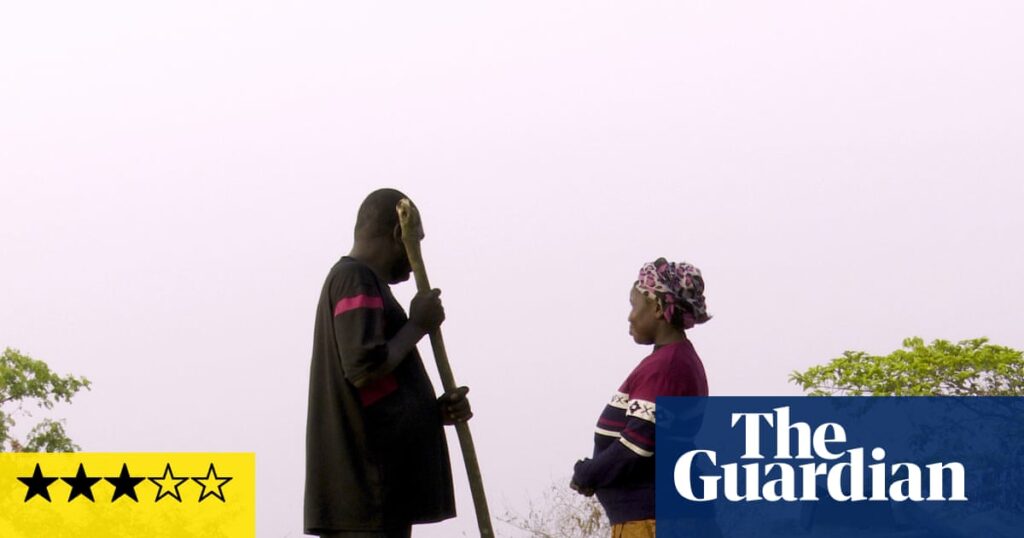Shot in Bangui, capital of the Central African Republic, Elvis Sabin Ngaibino’s engrossing and poignant documentary is a family affair. The subject is none other than his cousin Rodrigue, who is consumed with a weighty secret: both he and his wife Reine are living with Aids. Within their deeply religious community, the condition is sorely misunderstood; in his fervid sermons, the local pastor associates Aids and HIV with witchcraft, curses, and even God’s punishment. Such superstitious and moralistic sentiments take deep root in the minds of the believers, worsening the social stigma surrounding an ongoing health crisis.
Unable to speak their truth, Rodrigue and Reine are torn between their private troubles and public personas. The sensorial soundmix powerfully conjures the cacophony of voices that envelop their daily existence. Religious preaching, received with thunderous applause merges with the twittering of rumours and gossip, along with various community quarrels. In this town, words are never just words. Rendered tactile through editing, they become the ties that bind Rodrigue and Reine to their secret.
Amid this atmosphere of conservatism, the couple only find relief when they are on their own. As Rodrigue’s illnesses worsen, the cinematography lends a tableaux quality to their acts of care. Reine tends to her husband with moving tenderness, and their humble home is transformed into a safe haven for two restless souls. While the film touches on the economic and medical obstacles that hamper Aids treatment in the CAR, in focusing on this personal relationship the film emphasises that the existing hurdles are more than material. For those like Rodrigue and Reine to be freed from their burden, meaningful changes need to start from a place of empathy.

